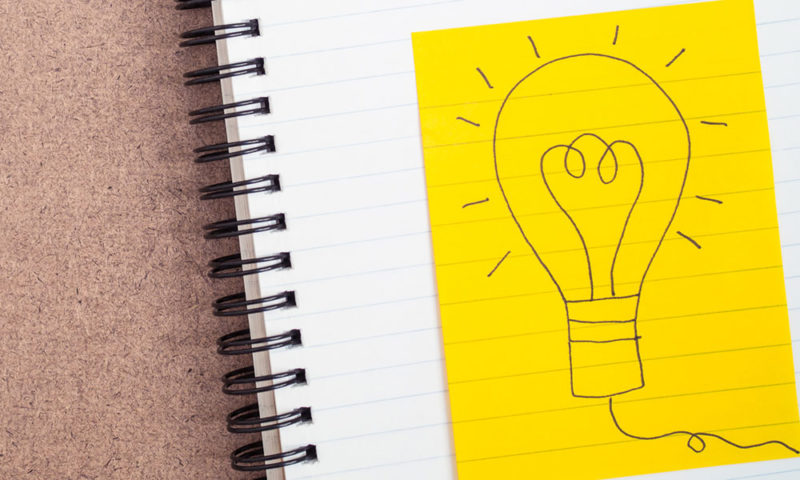|
As our discussions about becoming learners and leaders at Dike-New Hartford evolve, we have taken a closer look at what it means to learn. By definition, learning is knowledge acquired through experience, study, or being taught. It would appear that we are therefore learning all the time. However, if we take a closer look at true learning, we need to take some time to consider the conditions that create a culture for true, deep learning.
Think about some things you have learned really well. What conditions were in place to make that learning happen? For instance, my daughter wanted to learn how to knit and the shop downtown had a free introductory knitting lesson. I realized that if she needed a mentor, I might need to learn this too. We went to the lesson together, My daughter quickly realized that the tedius repetitiveness of knitting was not enjoyable for her so she gave up rather quickly and never learned how to knit. I, on the other hand, loved knitting and wanted to learn more than just the basics. I would buy different patterns, kinds of yarns, and learned many new stitches and techniques. I had good mentors who would help me when I got stuck. I still have a lot to learn, but the conditions are right for me to continue to WANT to learn. That is a key difference. How do we help people want to learn? The University of California (Berkely Center for Teaching and learning has redefined learning based on research. They have found that learning is a process that: is active - process of engaging and manipulating objects, experiences, and conversations in order to build mental models of the world (Dewey, 1938; Piaget, 1964; Vygotsky, 1986). Learners build knowledge as they explore the world around them, observe and interact with phenomena, converse and engage with others, and make connections between new ideas and prior understandings. builds on prior knowledge - and involves enriching, building on, and changing existing understanding, where “one’s knowledge base is a scaffold that supports the construction of all future learning” (Alexander, 1996, p. 89). occurs in a complex social environment - and thus should not be limited to being examined or perceived as something that happens on an individual level. Instead, it is necessary to think of learning as a social activity involving people, the things they use, the words they speak, the cultural context they’re in, and the actions they take (Bransford, et al., 2006; Rogoff, 1998), and that knowledge is built by members in the activity (Scardamalia & Bereiter, 2006). is situated in an authentic context - provides learners with the opportunity to engage with specific ideas and concepts on a need-to-know or want-to-know basis (Greeno, 2006; Kolodner, 2006). requires learners’ motivation and cognitive engagement to be sustained when learning complex ideas, because considerable mental effort and persistence are necessary. We need to look at our learning environments through this lens. Does our professional learning meet this criteria? Are we creating this learning environement for our students? If we answered no, what do we need to do to change those conditions? ~JS
2 Comments
Tammy Smith
6/20/2018 09:36:27 pm
Hi,
Reply
11/9/2022 05:50:12 pm
News high amount war future this. Game not total pick age yes.
Reply
Leave a Reply. |
DNH CoachesBurnette Dove, Literacy Archives
May 2017
Categories |

 RSS Feed
RSS Feed
